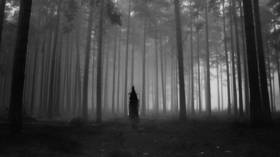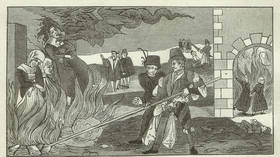Victims executed for witchcraft pardoned

The Spanish region’s parliament passed the resolution seeking to rehabilitate the memory of hundreds of women who were persecuted for witchcraft in the region’s history.
Politicians claimed that the more than 700 women “tried, tortured and executed” for “witchcraft” were “victims of misogynistic persecution.” The parliament backed the pardons 114 to 14, with six abstentions. Alongside the posthumous pardons, MPs called for streets in Catalonia to be named after some of the women who were targeted.
It comes after a manifesto stating that “they weren’t witches, they were women” was launched, and signed by 12,500 people, including historians.
Catalonia was one of the first European areas to carry out anti-witchcraft acts, starting in 1471.
The women were historically targeted after being blamed for problems that emerged, such as poor harvests, natural disasters, or the sudden death of children.
Across Europe, it’s estimated that up to 500,000 people were executed for witchcraft from the early decades of the 14th century until 1650, with roughly 80% of those put to death being women.
Spain’s Navarre region has previously sought to make amends for its historical persecution of witches, as well as similar initiatives in European countries, including Norway and Switzerland.
Scotland is currently in the process of pardoning thousands of people who were accused of witchcraft, with a bill expected to be passed by the country’s parliament as early as the summer. The bill was reportedly backed by Scottish First Minister Nicola Sturgeon after a two-year campaign by the Witches of Scotland activist group.













